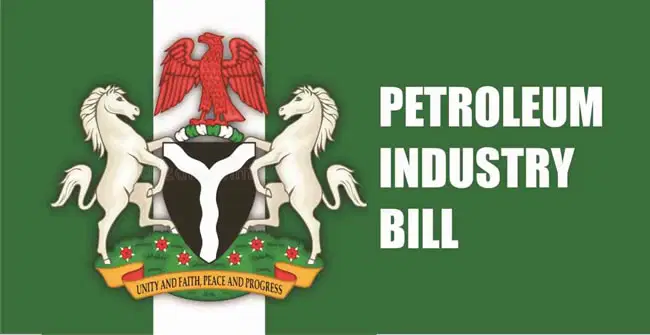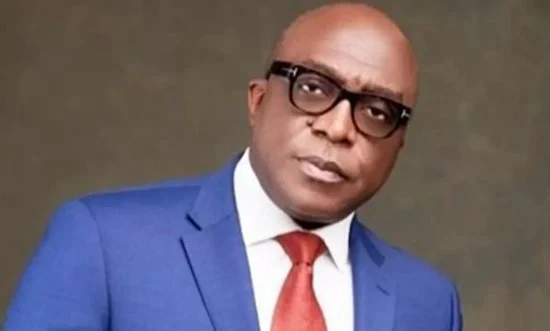Following the recent call by the International Monetary Fund (IMF) for deeper reforms in Nigeria, particularly to enhance transparency in the oil sector, the Country Representative of the Extractive Industries Transparency Initiative (EITI), Dr. Michael Uzoigwe, has urged the federal government to conduct a comprehensive review of the implementation of the Petroleum Industry Act (PIA), 2021.
Also speaking on the place of the National Petroleum Company Limited, NNPCL, a Civil Society Organisation, Space for Change, said the transformation of the national oil company from public to private sector orientation has not addressed the PIA concerns and the purpose especial with regards to transparency in the industry.
In a telephone interview with Vanguard, Uzoigwe emphasized that such a review would reveal how effectively the law has been applied.
“It is almost four years down the line, and while the PIA introduced several reforms aimed at improving transparency in the sector, we cannot categorically say that these transparency provisions are being properly implemented.
“First of all, what I will say is that it is not too early to conduct a review of the implementation of the PIA. Early this year the EU commissioned a study in this area which I was part of and what we found is still a far cry from what is required,” he said.
Specifically, he noted that more work needs to be done in the area of contract transparency.
“Section 83 of the PIA talks about contract transparency but the NUPRC (Nigerian Upstream Petroleum Regulatory Commission) is yet to properly define or create a template for the implementation of contract transparency in Nigeria. This is something that is right in the PIA but it is not being properly done.
“When you talk about transparency it starts with contracts. How transparent or open are we in the contracts that we have entered into in the oil sector. This one aspect that I think reforms are required. “On the other end we have a huge platform for transparency in the sector which is the EITI implementation in Nigeria. It is also time (I know that NEITI is thinking about this) to look beyond the regular validation that the EITI conducts in Nigeria and ask how well have we fared as a country particularly as it concerns the oil sector”.
On the management and operations of NNPCL under PIA, Uzoigwe stated: “A few things have been done and NNPC has been incorporated as a company but how well have they fared in the area of transparency? There is a big question mark around this because NNPC obviously is the big elephant in the room because of how much control of the sector that they have. So I will definitely be highlighting that as well because NNPC for a long time operated as a commercial entity, a regulator and even a police making arm in the sector”.
Also speaking with Vanguard, Executive director, Spaces for Change, Victoria Ibezim-Ohaeri, said: “I think improving transparency in the oil sector is something that is a critical requirement in the petroleum industry and not necessarily because of whether the International Monetary Fund, IMF, has recommended it or not. It is consistent with the advocacy of many stakeholders, including the civil society for so long, even long before the Petroleum Industry Bill was passed.”




